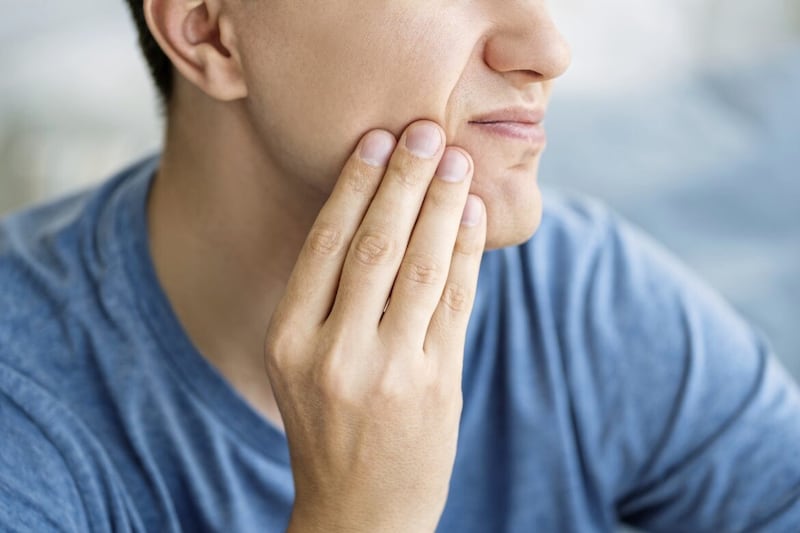OVER 1.6 million people in the UK are estimated to be directly affected by eating disorders. It’s often the pain and discomfort related to dental complications that first causes someone to consult with a health professional.
Eating disorders have no prejudices – anyone can suffer from one; however, they are most common in teenagers and young women.
As well as the wide array of medical complications including heart failure, osteoporosis, shrinking of the brain, hair loss, and fertility problems, the mouth can sustain severe and irreversible damage as a consequence of an eating disorder.
Vomit contains highly corrosive stomach acid which causes teeth to lose their enamel layer when in frequent contact with it. Enamel erosion occurs in 89 per cent of bulimic patients. As the enamel layer wears away it leads to painful and brittle teeth, which makes everyday tasks like eating and drinking more difficult. Since eroded teeth are more vulnerable to decay and abscesses when appropriate your dentist can protect the teeth with bonding or crowns.
Moreover the soft tissues take a battering when they get insufficient nutrients. For example, low iron levels can foster the development of sores inside the mouth or not enough vitamin B can contribute to bad breath and canker sores. In a prolonged illness the salivary glands can even swell up.
If you have an eating disorder try finding a dentist you feel comfortable with. Take heart – a patient is not just a mouth to a dentist, so although dentists are not trained in treating eating disorders, after discussion they can refer patients to appropriate health-care professionals that can give the much needed support.
Some dentists will broach the subject with you unprompted. Although it can be difficult to talk about your eating disorder, it’s a good idea to tell your dentist about your eating problem. Having said that, eating disorders are often characterised by denial and even shame and so suffers may not be immediately open.
Confidentiality and being non-judgmental are often key to frank discussions. If you are concerned about these issues you can speak to the practice manager beforehand so that the appointment runs as smooth as possible. Rest assured that you are not the first person with a eating disorder to go to the dentist.
If you are struggling with an eating disorder:
:: After vomiting rinse with water; avoid brushing immediately as this accelerates enamel loss.
:: Use fluoride mouth rinses daily.
:: Check out nationaleatingdisorders.org








